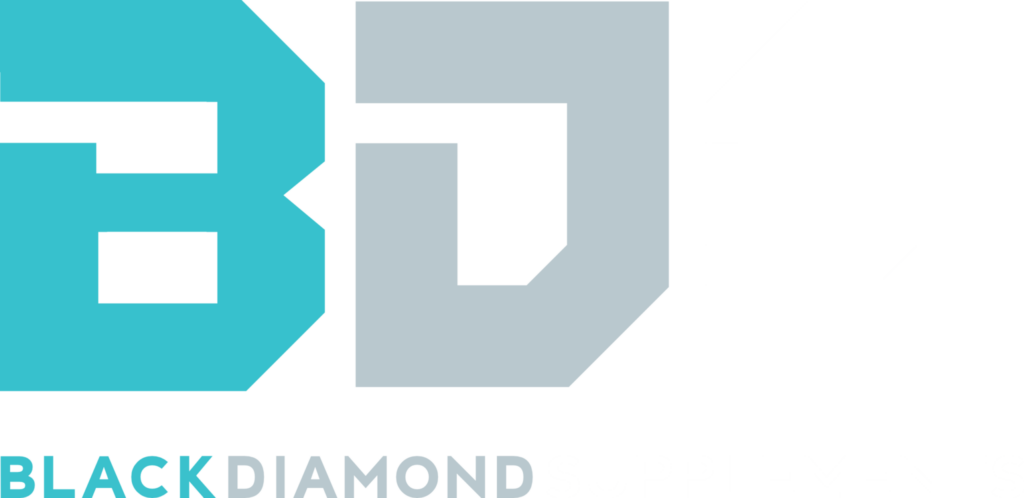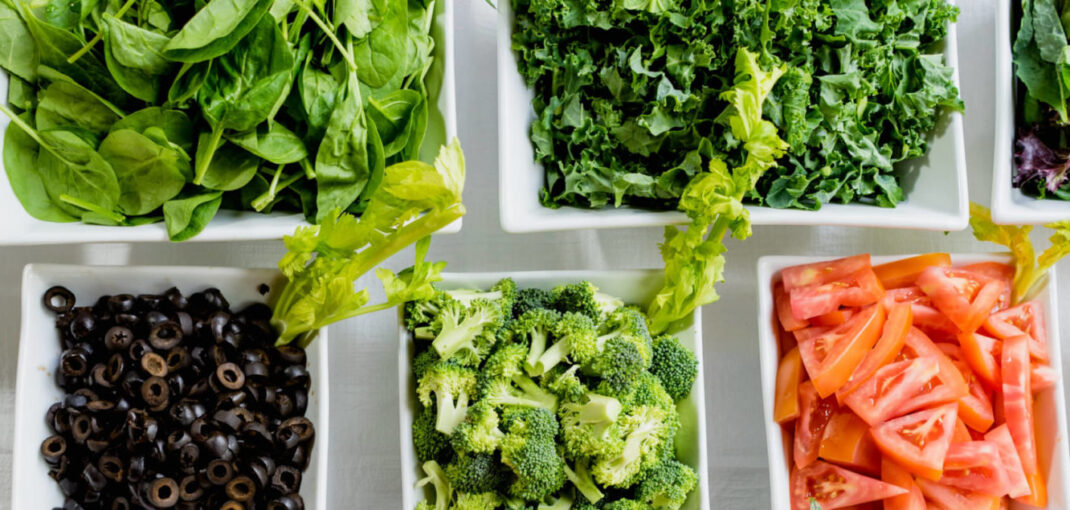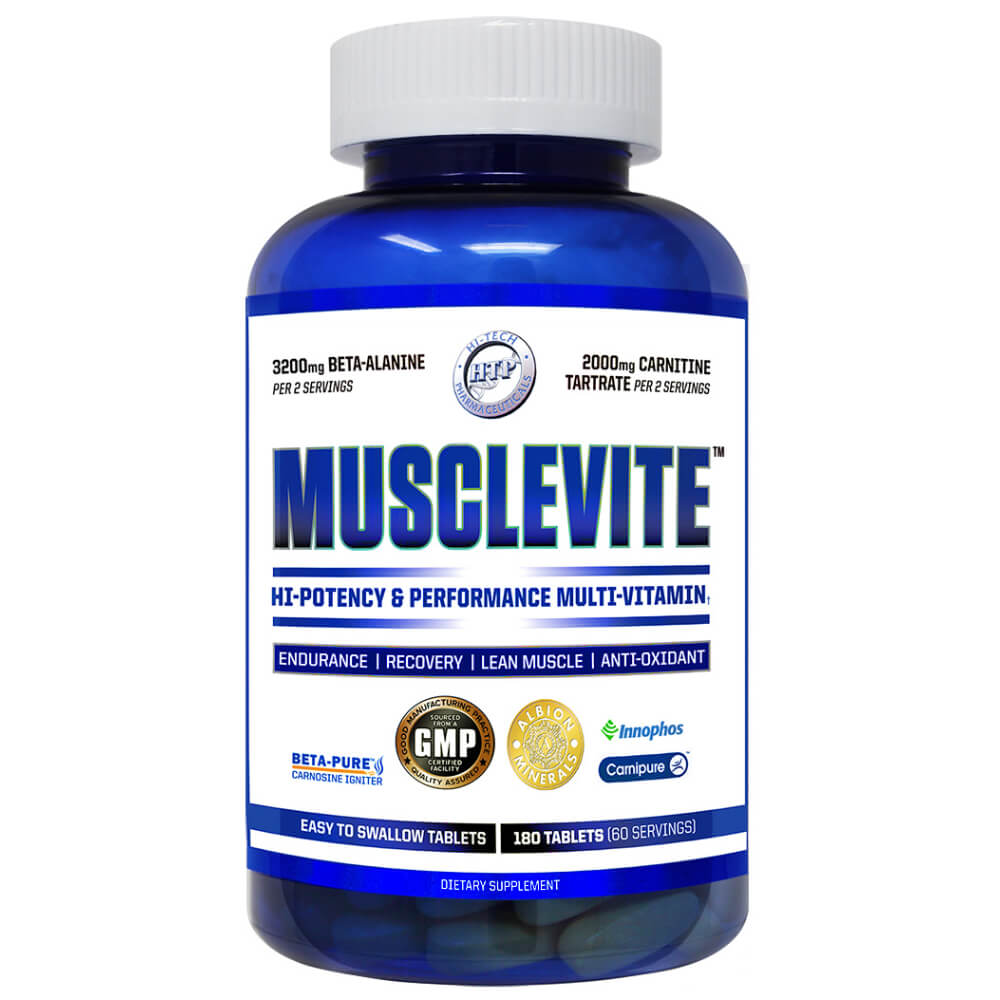When it comes to your supplement game, chances are you have the ‘big guys’ covered. You have a great protein powder in your pantry, you’ve been using creatine for as long as you can remember, and you wouldn’t even dream of going to bed without some l-glutamine.
But are you missing the forest for the trees? Many people are in the habit of looking at fancier supplement options and are completely missing out on the basics. If you don’t have a proper foundation to start with, you won’t be seeing much progress going forward.
This is where a good multi-vitamin will come into play. Multi-vitamins are critical to providing your body with the optimal support and nutrients it needs in order to perform at its best.
Everyone can benefit from good multivitamins – athlete, bodybuilder, or just your weekend warrior.
This said, there are some people who are in special need of using a quality multi-vitamin on a daily basis. Let’s look at who these people are so that you can see if you fall into any of these categories. If you do, it’s going to be a must that you ensure you’re using one daily.
Those Who Are Dieting Intensely
Perhaps the time when you need multi-vitamins most are when you are dieting intensely. If your calories are being slashed, this is going to mean that you’re not taking in as much food as you usually do.
Less food means that you aren’t going to have the room to fill your nutritional needs and deficiencies are more likely to occur.
Let’s consider an example. How many times have you been on a diet and immediately cut back on how much red meat you were eating? Pretty much every time, right?
Most people who are really trying to get lean start to favor chicken and white fish over beef because it’s simply lower in calories and easier to make ‘fit’ their diet profile. They no longer have that wiggle room to include the calories and fat that accompanies the beef.
Sadly though, this is going to mean their iron intake also decreases, which can put them at risk for iron deficiency anemia.
You’re probably feeling more tired than normal already while on your diet plan due to the lack of carbs you’re now taking in. The last thing you want to do is compound this by getting anemia1.
If you have a good multivitamin product on hand however, you have something to back yourself up. Now even if you aren’t eating meat, you can still rest assured your iron intake is being met.
Those Who Are Training Intensely
The next category of individuals who should be very concerned about using a multi-vitamin are those who are training intensely. If you’re in the gym 4-6 times per week, pushing your limits, you can rest assured you’re taxing your body.
Hopefully you’re eating an appropriate number of calories to support your gym efforts and this is ensuring your recovery is up to par. This said it’s very common to find yourself depleted in key nutrients that are required in order to maintain good health because the stress from exercise is depleting them.
While exercise is very healthy for the body, it’s also demanding and will require additional consideration is given to your nutrition, not just in terms of making sure you’re taking in sufficient calories, proteins, and carbs.
For instance, athletes are more likely to be depleted in calcium, iron, zinc, vitamin B5, and potassium. It’s essential to ensure your diet contains foods that supply these nutrients as well, which can usually be achieved by eating a balanced mixed diet, but having the backup support from multi-vitamins is also wise. Additionally, having extra vitamin D in your diet may also help improve your recovery from exercise2.
Most people are already busy enough trying to track their calories and macros that adding tracking micronutrients to the mix just isn’t going to happen.
Those Who Are Vegetarian
Another group of people who would seriously benefit from getting high-quality multivitamins into their plan is vegetarians. Even if these individuals take care to ensure they are eating the protein that their body needs, they’re still likely missing out on micronutrients that protein-rich foods supply.
For instance, we turn to iron and zinc once more. These two minerals are found primarily in red meat and fish so while they can also be found in foods like spinach, beans, seeds, and whole grains, you won’t find the concentrations of them that you would in the animal based foods.
Many people jump into a vegetarian way of eating without really realizing the full ramifications of doing so. Being a vegetarian can offer some nice health benefits, but at the same time, it’s also going to mean that you do need to carefully plan out your diet to a much larger degree. Don’t ‘wing’ it just thinking that if you combine some rice and beans, you’re good.
Micronutrient planning actually takes a much more conscious effort from you than macro planning does, but most skip right over this.
At least if they are taking a multi-vitamin, they will have that element covered.
Those Who Are Restricting A Macro
Along with vegetarians, if you are dieting but are restricting yourself from an entire macro, this can also lead to severe nutritional deficiencies that will need to be addressed.
For example, if you are using a very low fat diet or a very low carb diet, you’ll be missing out on all the micronutrients these foods typically supply.
You might think that you’ll just ‘cover your bases’ with other foods, but there are specific nutrients that require that micro. For instance, take the fat-soluble vitamins, vitamin A, D, E, and K. If you don’t have any fat in your diet, your body actually cannot absorb these as it should from the foods you are eating, making it nearly impossible to meet your recommended needs. Adding multi-vitamins will help, but even still, adding some fat back to your diet is also a wise move.
Likewise, with carbohydrates, whole grains, and especially fresh fruits and vegetables are a wealth of nutrition for the body both in terms of micros as well as antioxidants. There are certain nutrients in vegetables that you just can’t get from meats and vice versa.
Those Who Have Special Nutritional Needs
Finally, the last group of individuals who should think about supplementing with multi-vitamins is those who may have specific nutritional needs. For instance, if you are someone who is already anemic, taking iron supplementation is a smart choice.
If you are known to be at risk for osteoporosis, you’ll probably want to be getting more calcium into your diet despite being sure to add the necessary low fat dairy products your doctor has likely recommended.
Multi-vitamins provide it all, so is simply the easier choice when you know you need some key nutrients more regularly in your plan.
Do you see yourself in any of these groups? If so, it’s definitely a wise move to make sure that you have good multi-vitamins in your diet plan. It may not be the sexiest of supplements out there, but it sure can make a difference in how your body feels and functions overall. Don’t discredit that. You often don’t know what you’re missing until you try it.
Visit Black Diamond Supplements.
References:
- Sobrero, Alberto, et al. “Fatigue: a main component of anemia symptomatology.” Seminars in oncology. Vol. 28. WB Saunders, 2001.
- Choi, Munji, et al. “Vitamin D3 supplementation modulates inflammatory responses from the muscle damage induced by high-intensity exercise in SD rats.” Cytokine 63.1 (2013): 27-35








